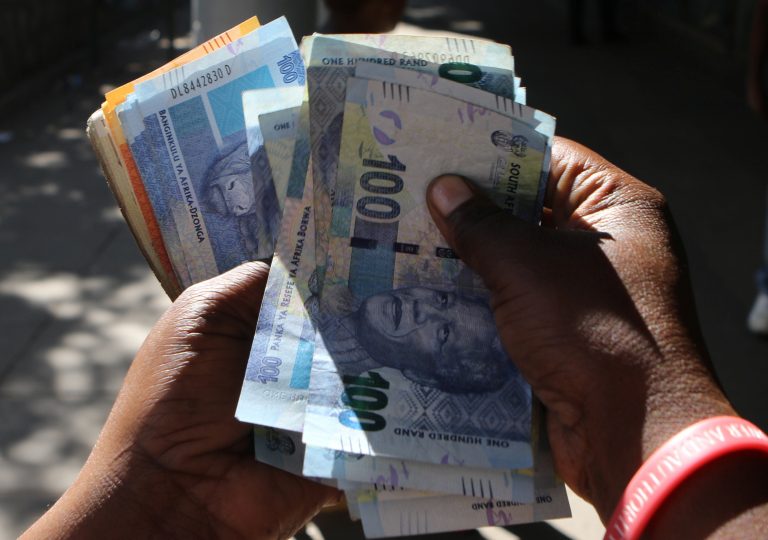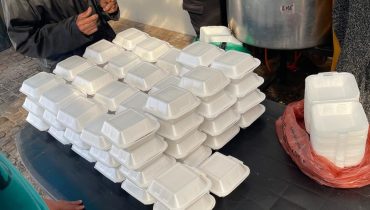Life is expensive. The financial advice to budget appears complicated, especially when many South African’s are struggling to get-by on a daily basis with the high cost of food, fuel and basic necessities such as electricity. You may also be indebted and stretching the wallet can only go so far.
So, where do I begin to save money?
Here are some tips courtesy of Moeshfieka Botha, finance and debt consultant.
Scale down
- Cancel subscriptions to apps you don’t need.
- Cancel duplicate insurances, especially those offered as a side product.
- Switch to cheaper packages (eg; DSTV)
- Check out the terms and conditions and cancellation clauses and penalties applicable.
- Get comparative quotes on medical aids, insurance etc . This could save you quite a bit of money.
Talk to your children about the financial situation in the house.
- If things are tough and there needs to be a tightening of belts, then you children must be aware of the situation.
- You don’t have to tell them how much you earn, but you can indicate to them if you can’t afford a big ticket or name- brand item they might want right now. Give them a time-frame. Tell them it might only be possible in 6 month’s time. This will stop them from repeatedly asking for something that isn’t possible.
- Explain to them that things have become more expensive, and that they should participate in trying to save money.
Save money on the way you do things
While it’s not always possible to physically put money under the mattress or in a savings account, we can still “save”.
- Switch off your geyser during the day. If you save R10 a day on electricity this way – that’s R300 a month that can go towards something else
- Make food that feeds more people – and where leftovers can be frozen. Soups and bredies (even without meat) go a long way these days.
- Medicines are costly. Make your own immune system boosters from natural ingredients.
- Check for specials on cellphone data and airtime deals during this time.
Do your homework and find cheaper food prices
- Sadly, the price of food and staple products have increased tremendously over the last year. Sometimes by as much as 30% on basic items like rice and sugar. By keeping track of “specials” of various grocery stores, you can save at quite a bit of money on your weekly or monthly grocery purchases.
Start an emergency savings fund
- With many people struggle to even afford the basics these days, saving money might seem a little far-fetched. Yet, if Covid-19 has taught us anything, it is that we need to be prepared for anything.
- Even if it is a small amount, try and set aside some money on a regular basis. It all adds up.
- If you set aside just R5 a day, every day for a year – you would have R1 825 to show for it.
The most important bit of advice is this:
Don’t try keeping up with the Jones’. There are no more Jones’s!
- Ask for help and take help when it is offered.
- Visit financial sites, and become empowered by gaining as much information around your rights and options as a consumer and a debtor.
- Remember, it’s OK to be worried and stressed about your finances. Just don’t let it consume you.
Take the time understand your finances. Plan today, so that you can begin to feel less burdened in future.
“A good financial plan is a road map that shows us exactly how the choices we make today will affect our future.” –Alexa Von Tobel









